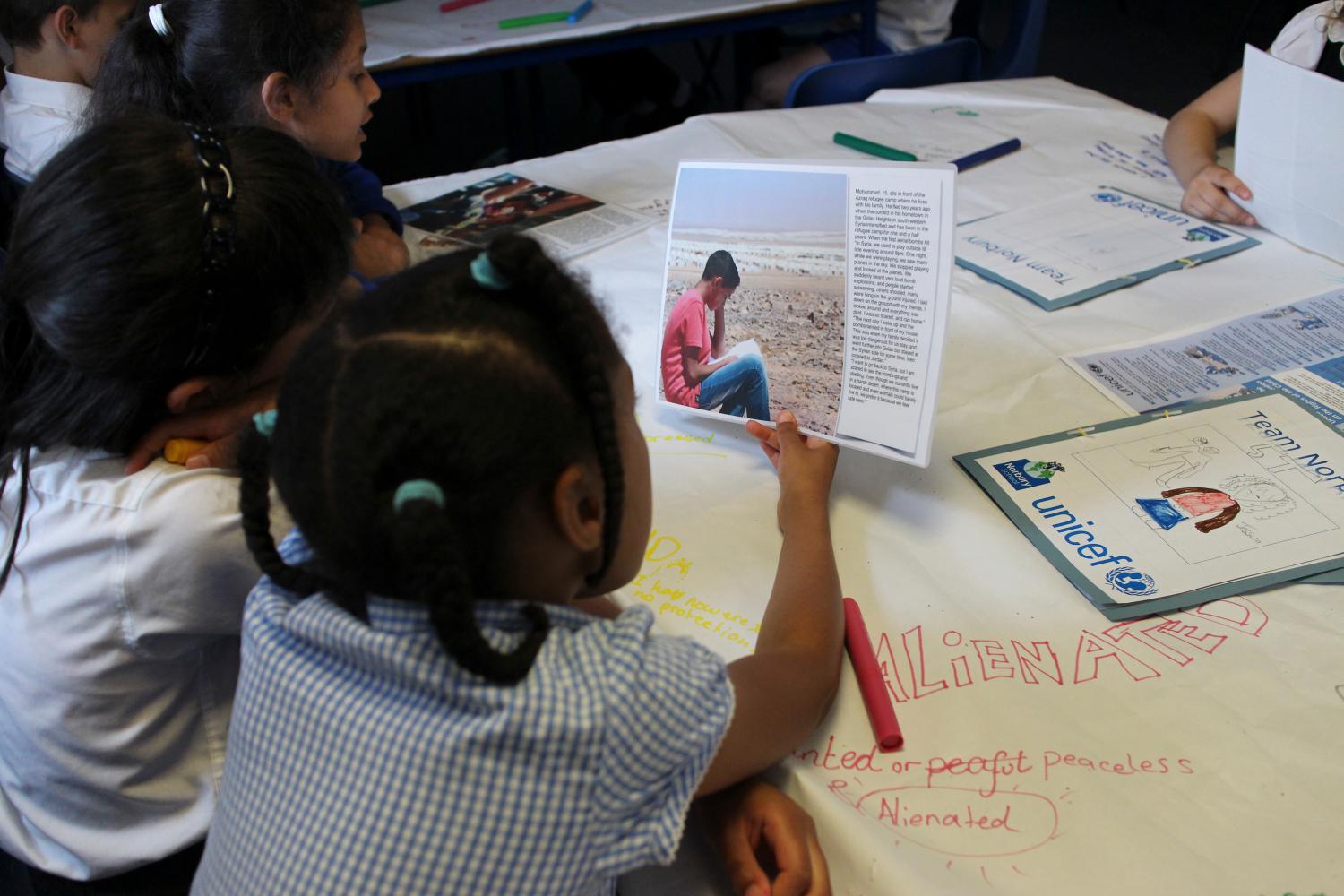Although the Census Bureau’s release of poverty, income, and health insurance numbers for 2009 is not as bad as expected, it’s still disturbing, says Ron Haskins. The social safety net charged with helping those at the bottom of the income ladder has indeed responded well to the current crisis, and household income did not fall significantly, despite all the other bad news.
Mainly Bad News
“[The numbers] are not as bad as people predicted they would be, but they are plenty bad. Child poverty, especially, is up, and I was quite surprised that health insurance coverage declined. The absolute number of people covered by health insurance declined for the first time since the Census Bureau has been keeping records in the late 1980s. This probably reflects an ongoing trend which is business backing off of health insurance coverage, so I think that is a big deal. It probably will continue, which means that the government programs are going to have to pick them up (which they have been doing in the past, and they are still doing it, but not as much as they did in the past – the percentage increase does not cover what business has dropped). So that is going to be a continuing problem. Another surprise was that family median income did not significantly decline – it only declined a little teeny bit and it wasn’t significant. So amidst the bad news, especially the increase in child poverty, there is at least some hopeful news.”
Safety Net Strong
“A big story here is the effects of the safety net on America’s poor. We spent $132 billion on unemployment insurance last year, we spent more than $50 billion on food stamps, and we spent more than that on Medicaid. So the safety net has really stepped in where the economy left off. The story would have been much, much worse if it had not been for the safety net. The safety net has functioned as it should with one exception – the nation has a cash welfare program (food stamps is not a cash program; unemployment insurance is, but unemployment insurance usually does not cover poor people). There are people that lose their jobs that would become poor if they didn’t get unemployment insurance, but people that are often poor usually do not get unemployment insurance. So the nation’s cash welfare program is called Temporary Assistance for Needy Families (TANF), and it is very surprising that it has not increased much during the recession, and in many states, has not increased at all. That is a problem. It should increase during a recession. More people need help during a recession as food stamps show, as unemployment shows, as Medicaid shows, but TANF does not, so Congress should look at this very carefully and I think changes are required.”
Stimulus Not a Huge Impact
“I noticed that the Census Bureau said that the poverty rate would have been higher if it had not been for the stimulus. That may be true, but on the other hand, food stamps, unemployment insurance – all these programs are long-lasting programs. Congress has a very strong pattern in the past of whenever there’s a recession they increase unemployment insurance. Maybe they wouldn’t have done it as much if there had not have been the [American Recovery and Reinvestment Act] (ARRA) legislation, but even without the stimulus legislation, these programs would have been very responsive, and they were being responsive even before. And it is interesting that research shows we passed a big welfare bill in 1996, and the focus of the welfare bill was to get people off of welfare by having them work. Now, food stamps and Medicaid are more responsive to recessions than they were in the past. People are trying to work, and if they work, they often don’t need the benefits, but then during a recession, they need the benefits. So these programs are more responsive.”
Cash Welfare Program Needs a Boost
“The states have become so intent on getting people off welfare (which I think, generally, is a good thing) that even during a recession, when more people are destitute, it is difficult for them to get back on because of all the procedures that states have adopted to make it difficult for people to get on cash welfare. It is easy to get on food stamps, it is relatively easy to get on Medicaid, it is easy to get on unemployment insurance, but TANF is one of the toughest programs to get on. So I think that the state actions are an important part of this story. I also think that a lot of individual people think it is stigmatized. They don’t want to be on welfare. They would like to avoid it if they could. They don’t necessarily see food stamps and Medicaid as welfare, but cash they do see as welfare and it is stigmatized, so they don’t want it. So I think both of those are factors.”
The Brookings Institution is committed to quality, independence, and impact.
We are supported by a diverse array of funders. In line with our values and policies, each Brookings publication represents the sole views of its author(s).




Commentary
Great Recession Pushing Poverty Up
September 16, 2010